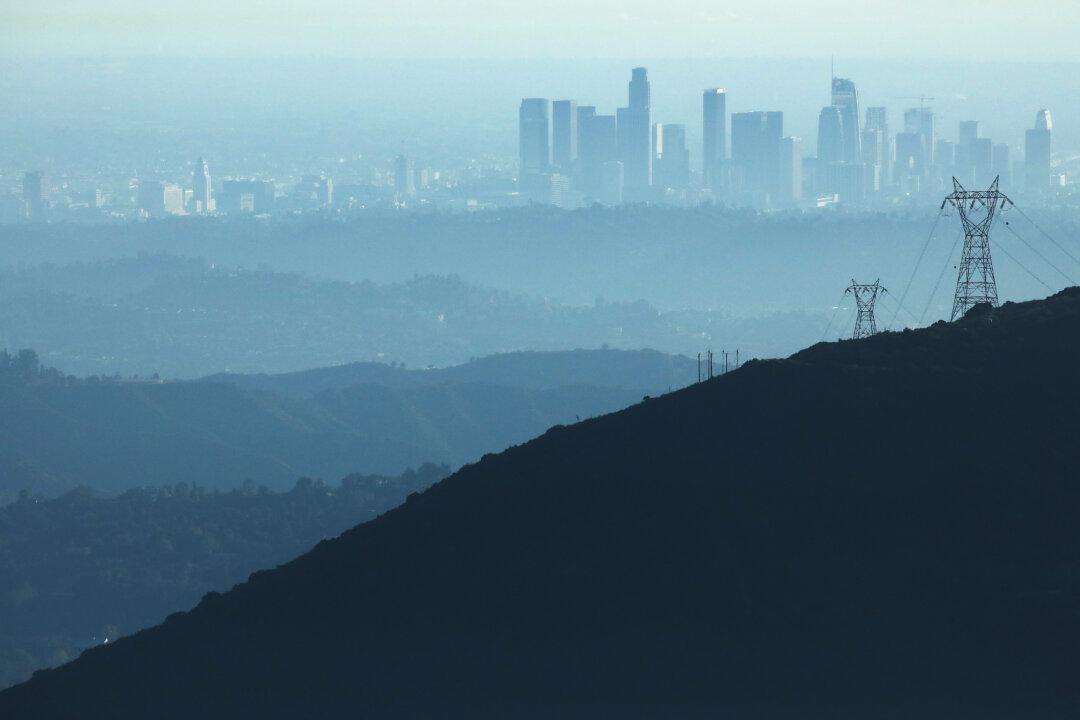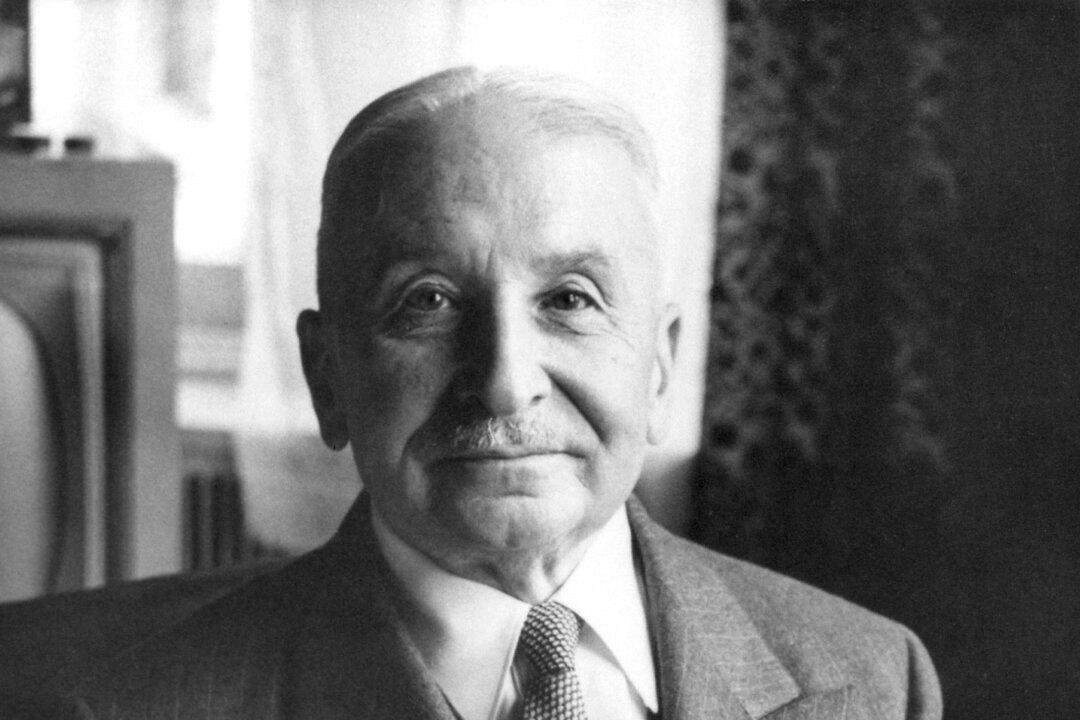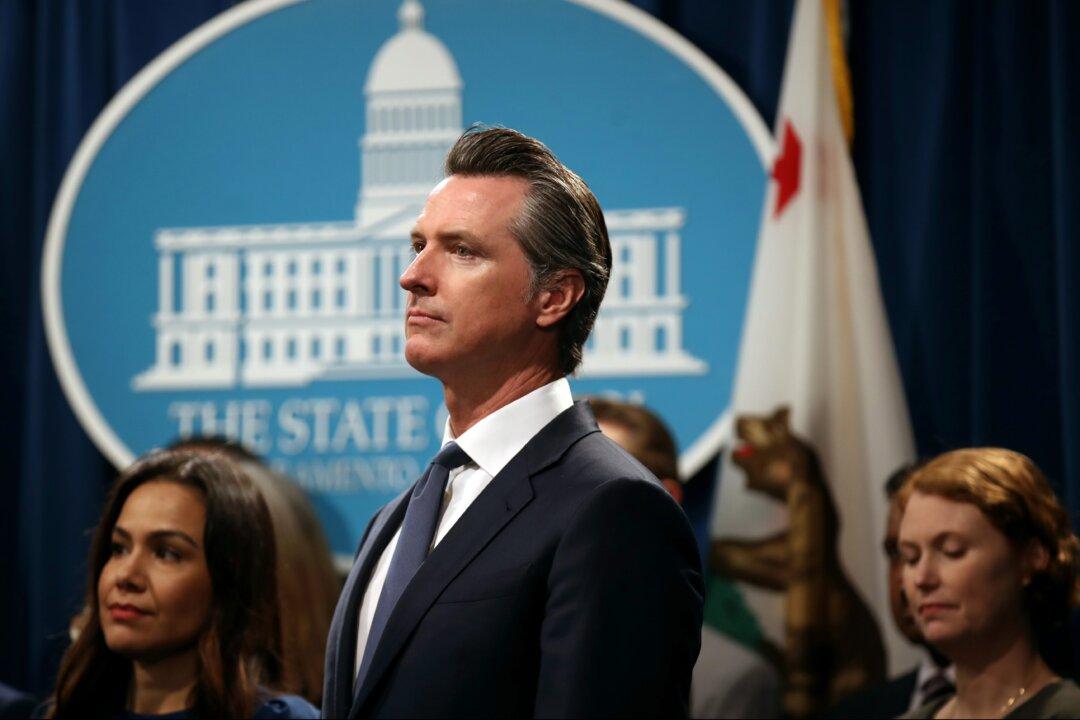California lawmakers enacted the first gasoline tax in 1923 to create a fund for the development and maintenance of roads. But since then, state lawmakers have faced criticism for using the fund for other projects.
California’s overall infrastructure has received a C minus grade from the American Society of Civil Engineers (ASCE), and advocates are once again asking for a tax hike.




